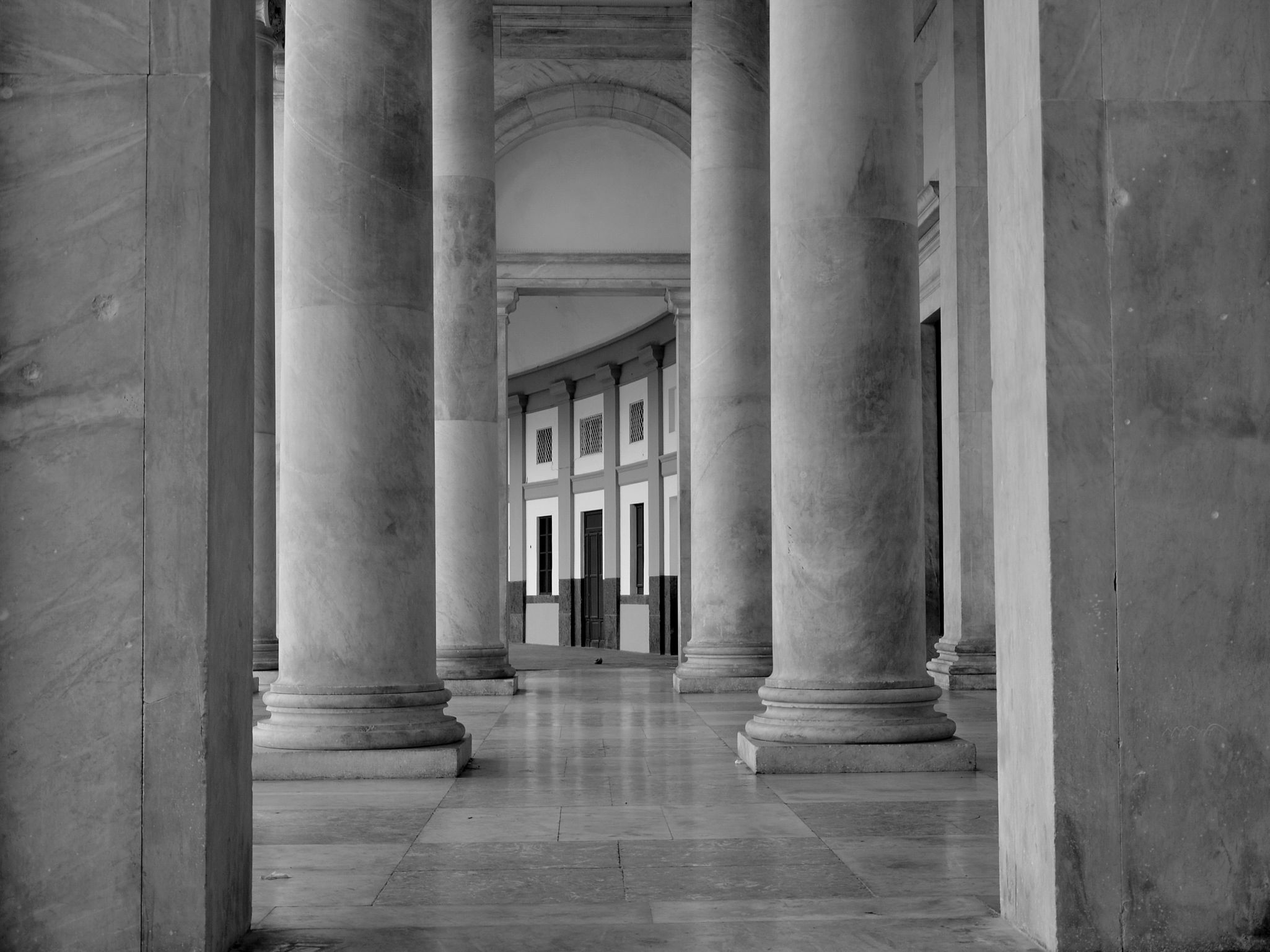
On December 1, 2023, the Federal Rules of Evidence (FRE) 702 will undergo several changes designed to reinforce federal judges’ role as gatekeepers for admitting expert testimony. The changes reinforce the preponderance of evidence standard that the proponent of the expert testimony must satisfy to demonstrate the expert’s qualification, the testimony’s reliability and relevance, the judge’s gatekeeping role to ensure the admissibility of the expert testimony, and the requirement that conclusions of an expert cannot go beyond what the expert’s basis and methodology may reliably support.
The changes do not create a new standard. Rather, the Advisory Committee on Evidence Rules has stated that the new language clarifies the existing rule to resolve inconsistencies in the application of Rule 702. Specifically, the changes are designed to ensure that the proponent of expert testimony has demonstrated by a preponderance of the evidence that the testimony meets all of the requirements of Rule 702. The changes will likely have significant implications for antitrust litigations in particular because of the importance of expert testimony, often involving complex economic models, regarding class certification, relevant market, liability, damages, and other elements of claims and defenses in such cases.
Expert testimony, just like fact witness testimony, must be admissible to be considered by courts. Rule 702 sets out the three general criteria for expert testimony to be admissible: 1) the expert must be qualified; 2) the expert’s opinion must have a reliable foundation; and 3) the expert’s opinion must be relevant to the task at hand. A party can move to exclude an expert’s testimony for failing to meet the Rule 702 standard. This type of motion is often called a Daubert motion, referring to the seminal U.S. Supreme Court case that established judges as gatekeepers to ensure the factfinder (often a jury) hears only admissible evidence.1
According to the Advisory Committee notes, the proposed amendments are prompted by many courts’ incorrect application of Rule 702 and their tendency to admit expert evidence despite the proponent’s failure to satisfy its burdens under Rule 702. In those cases, courts tended to treat the critical questions of the sufficiency of an expert’s basis and the application of the expert’s methodology as questions of weight, not admissibility.2 For example, in United States, v. Napout, the U.S. Court of Appeals for the Second Circuit affirmed the trial court’s admission of expert testimony about the economic impact that officials accepting bribes would have on soccer organizations such as FIFA even though the expert had not analyzed “the specific financial information” relating to the case. According to the Second Circuit, “[i]t is a well-accepted principle that Rule 702 embodies a liberal standard of admissibility for expert opinions” and that the expert’s “lack of familiarity with the facts underlying this case went to the weight and not the admissibility of his testimony.” 963 F.3d 163, 188-89 (2d Cir. 2020). This “liberal” standard appears to deviate from the preponderance of evidence standard of Rule 702.
Other courts have employed stricter standards and have previewed the importance of the forthcoming amendment. In Sardis v Overhead Door Corp., the U.S. Court of Appeals for the Fourth Circuit reversed the lower court because the judge erroneously admitted two experts’ opinions by ruling “that the issues of relevance and reliability impacted only the weight of the experts’ testimony, not their admissibility.” 10 F.4th 268, 281 (4th Cir. 2021). First, the trial judge admitted a packaging design expert’s opinion that a product was unreasonably dangerous even though the expert had not conducted any testing. Second, the judge admitted another expert’s opinion on the cause of the product failure even though the expert never tested his theories on the basis that “some level of estimation … goes, at best, to the weight of his testimony, not its admissibility.” Sardis v. Overhead Door Corp., Civil Action No. 3:17-cv-818, 2019 U.S. Dist. LEXIS 22940, at *7-9 (E.D. Va. Feb. 12, 2019). In reversing the trial court judgment, the Fourth Circuit emphasized the trial court’s gatekeeping role and noted the importance of the Advisory Committee’s pending Rule 702 amendment. Sardis v. Overhead Door Corp., 10 F.4th 268, 284 (4th Cir. 2021).
Starting from December 1, 2023, Rule 702 will be amended as follows (new language is underlined below, while language that will be removed from the rule is struck through):
A witness who is qualified as an expert by knowledge, skill, experience, training, or education may testify in the form of an opinion or otherwise if the proponent demonstrates to the court that it is more likely than not that:
- the expert’s scientific, technical, or other specialized knowledge will help the trier of fact to understand the evidence or to determine a fact in issue;
- the testimony is based on sufficient facts or data;
- the testimony is the product of reliable principles and methods and;
- the
expert has reliably appliedexpert’s opinion reflects a reliable application of the principles and methods to the facts of the case.
The updated language in the preamble of Rule—“to the court”—explicitly tasks the judge with determining whether the proposing party meets each prong, rather than presuming expert testimony is admissible. By emphasizing the judge’s gatekeeping role, the new language is intended to clarify that the evaluation of all of the elements of Rule 702 goes to admissibility, not weight.3
Additionally, the Advisory Committee added the “more likely than not” language to the preamble to reinforce the point that the proponent of the expert testimony must demonstrate all four elements of the rule by a preponderance of the evidence.
Lastly, the Advisory Committee amended 702(d) to “emphasize that each expert opinion must stay within the bounds of what can be concluded from a reliable application of the expert’s basis and methodology” because “jurors may also lack the specialized knowledge to determine whether the conclusions of an expert go beyond what the expert’s basis and methodology may reliably support.”4
The proposed amendment emphasizing courts’ stronger gatekeeper role may have a significant effect on antitrust litigation, in particular. It is rare that an antitrust case does not feature expert witnesses on both sides, particularly because liability and damages are often the subject of expert opinions, including complex economic models. Daubert motions are common in antitrust matters, but many judges have permitted even “threadbare” expert analysis,5 delegating their gatekeeper duty to a jury under the “weight, not admissibility” mantra. No more. Flaws with these expert-driven models, including whether they are a proper fit for the facts of a specific case, must be considered by a judge before the factfinder is permitted to consider the evidence, as reflected in the amendment.
Litigants would be wise to take note of the gatekeeping role of courts and beware of citing authority applying a laxer standard for the admission of expert evidence that treats reliability as a question of weight rather than admissibility. The rules, first proposed in May 2022, will go into effect on December 1, 2023.
Wilson Sonsini Goodrich & Rosati regularly counsels companies regarding expert evidence in antitrust and other litigation. For more information concerning potential issues that may arise in litigation involving expert evidence, please contact Jeff Bank, Chul Pak, Ken O’Rourke, or another member of the firm’s antitrust litigation practice.
[1] Daubert v. Merrell Dow Pharmaceuticals, Inc., 509 U.S. 579, 597 (1993).
[2] Congressional Rules Package – April 2023 at 210, available at https://www.uscourts.gov/sites/default/files/2023_congressional_package_april_24_2023_0.pdf#=page210.
[3] United States Courts, Advisory Committee on Evidence Rules – May 2022, 5-7, available at, https://www.uscourts.gov/rules-policies/archives/committee-reports/advisory-committee-evidence-rules-may-2022.
[4] Congressional Rules Package – April 2023 at 212, available at https://www.uscourts.gov/sites/default/files/2023_congressional_package_april_24_2023_0.pdf#=page210.
[5] See, e.g., In re Niaspan Antitrust Litig., 464 F. Supp. 3d 678, 696 (E.D. Pa. 2020) (denying plaintiffs’ motion for class certification despite concluding “that [the expert’s] relatively threadbare methodology is adequate under the liberal admissibility standard of Rule 702.”). The Third Circuit subsequently affirmed the trial court’s denial of class certification. In re Niaspan Antitrust Litig., 67 F.4th 118, 140 (3d Cir. 2023).
Contributors
- Privacy Policy
- Terms of Use
- Accessibility

